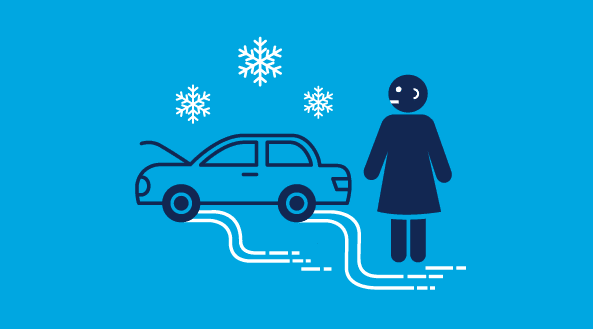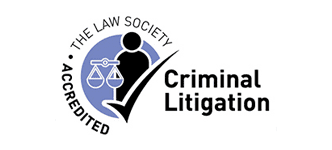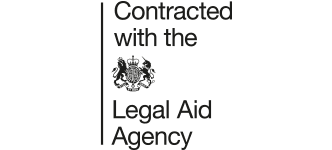

Picture this. It’s a cold winters morning and you’re already running late for work. You rush outside to be greeted by your car roof and windows thick with ice. You give each of them a swift scraping; debating if it will be enough. You think to yourself ‘surely it’ll be fine, it’s only a 10 minute drive!’.
Here at IMS Law, we can say that it’s not worth the risk.
The possible dangers involved determine that spending those few extra minutes making sure you’re road-safe is a good investment. In this blog, we will cover everything you need to know, from winter road laws to essential car checklists, so that you can ensure you are keeping yourself and other road users safe this winter!
Winter checks concentrate on the six main areas of your vehicle, this includes:
· Tyre Inspections
· Battery Tests
· Coolant and Anti Freeze Top-ups
· Windscreen Wiper Inspections
· Lights Assessments
· Oil Level Replenishments
Your tyres need to be checked regularly, especially during the winter months, as they are more likely to slip on icy or wet roads. Check your tyres to ensure the tread depth and pressure is safe to drive on and legally compliant.
A low battery is more likely to be a major issue in winter when you’re trying to get started on those frosty mornings. Ensure it is healthy and holding a charge to avoid being stranded.
According to The AA, one of the most common causes of engine-related breakdowns in the winter is caused by cooling systems. Check your fluid levels regularly and refill your anti-freeze fluid if it is low.
Snow, ice fog and rain can all impair your vision when driving in the winter, potentially causing serious accidents. To avoid this, make sure your windscreen wipers are in good condition and replace them if they are worn or smearing.
Not only is driving with broken lights dangerous, it is also against the law. Make sure that your front and rear lights are working properly at all times to help keep everyone safe and avoid receiving a fine.
Too little or too much oil can cause major problems and is another of the most common causes of vehicle breakdowns according to The AA. Check your oil levels regularly as it may need to be replaced during the winter months.
Spending a little bit of time doing these checks yourself, or if you prefer, booking an annual winter service with your local garage, can save you a lot of money and inconvenience in the long run.
Although there are only a few UK laws that explicitly cover winter road use, there are guidelines set out within the Highway Code on the checks required by all motorists before making any journey. Winter driving raises several questions surrounding what you can and cannot do, such as “is it illegal to drive with snow on my car?” and “is it illegal to drive with a frozen windscreen?”.
The answer to both of these questions and more are covered in the Highway Code, which you should familiarise yourself with as a road user. Rule 229 states that BEFORE you set off you MUST:
· Be able to see, so clear snow and ice from all windows (including the roof of your car)
· Ensure that your lights are clean, and that number plates are clearly visible and legible.
· Make sure that your mirrors are clear and windows thoroughly de-misted.
· Remove all snow that might fall into the path of other road users.
In short, no. Trust us when we tell you that those extra few minutes will be worth it and that it is essential you follow our advice, not only to keep yourself (and others) safe, but to avoid getting caught up in accidents in difficult and treacherous conditions.
Anything which can obstruct your view of the road or potentially fall into the path of other drivers should be removed. Otherwise, you could be potentially endangering yourself and other road users.
If you would like any further advice or have any questions relating to the guidelines in this post, please don’t hesitate to get in touch with our team on 01744 612549, chat with us now through our Live Chat system or request a callback through the tab on the right.

Millie is part of the marketing team at IMS Law. She’s here to demystify all of the jargon around the law and your rights, giving you the information you need in simple terms.

Mon to Fri – 9:00 to 17:00
IMS Law
Corporation Street, Saint Helens WA10 1SX, UK


